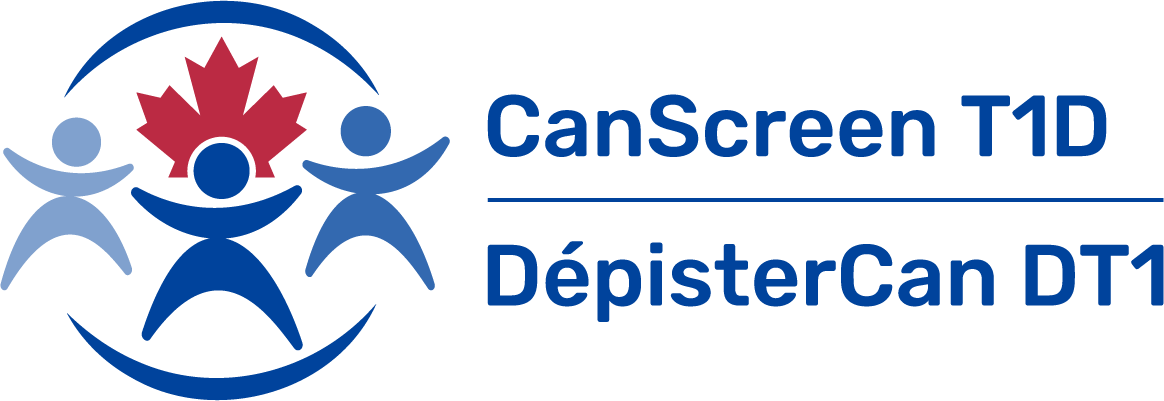Health equity is important to the CanScreen T1D consortium’s research, as we believe that everyone deserves access to quality healthcare. When people experience barriers to accessing healthcare, particularly for unfair or unjust reasons, this can lead to health disparities.
For this reason, we are working on how we can minimize health disparities to ensure our pilot screening program is as accessible and culturally safe as possible.

The CanScreen T1D research consortium aims to achieve its health equity goals by focusing its efforts on the following areas:
- Health Disparities: Consider the needs of and reduce barriers that diverse communities experience in accessing screening and treatment.
- Equity, Diversity, and Inclusion (EDI): Advocates for inclusive research practices and policies that promote equity and diversity within CanScreen T1D and in its broader impacts.
- Sex and Gender Based Analysis Plus (SGBA+): Consider how sex, gender, age, ethnocultural identity, rurality, education, disability, income, sexual orientation, language, health status, and how different parts of a person’s identity combine to affect their experience with Type 1 Diabetes (T1D) screening, risk, diagnosis, and follow-up care.
- Inclusive Engagement: Build trusting and ongoing relationships with diverse communities to ensure that a broad range of perspectives are incorporated into our research.
CanScreen T1D has filled all available spots for community partners on its Health Disparities and EDI/SGBA+ Committee. To stay informed about the committee’s work and future opportunities, we invite you to subscribe to our newsletter.

